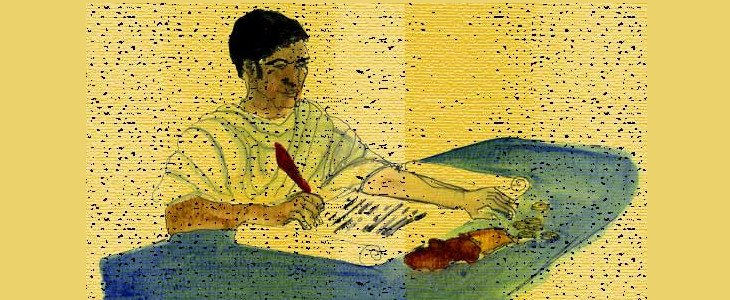123 BC – Tax Farming
Tax farming was originally a Roman practice set up by Gaius Gracchus in 123 BC whereby the burden of tax collection was reassigned by the Roman State to private individuals or groups.
The tax collectors were known as publicani. The best known is Matthew the Apostle, one of the twelve apostles of Jesus, who was a publicani in the village of Capernaum in the province of Galilee (mentioned in Matthew 9:9 and Matthew 10:3).
The publicani paid the taxes for a certain area and for a certain period of time and then attempted to cover their outlay by ‘farming that area’. This involved collecting money or saleable goods from the people within that area. The tax collectors were entrepreneurial financiers so aimed to harvest sufficient taxes to pay the government and keep the excess taxes (profits) for themselves. The publicani imposed the tax on the community, not individuals, and left it up to the community to decide how to raise the funds to pay the tax.
The Romans were happy to outsource the tax collection process as it required considerable expenditure on administration and the yield (taxes) were uncertain both as to amount and timing. By using tax farming the Romans could collect taxes across a large area without the need for a tax-collecting bureaucracy. Tax farming was labour intensive and required on-site tax-collecting visits as there was no postal service, banking system, or internet.
The key flaw in the tax farming system was the conflict between the Government’s objective of securing long-term growing taxation revenue, and the tax collector’s focus on maximising the short-term profits on their investment. With no government controls, the tax farmers (publicani) often abused the taxpayers. A common abuse by tax farmers was the undervaluation of goods received in lieu of taxes, allowing the tax farmer to re-sell the goods to create a second profit source.
A tax planning strategy to avoid paying taxes would have been to become a tax collector yourself. You would personally pay no taxes, whilst having a monopoly profit-making business.
"You’d be stupid not to try to cut your tax bill and those that don’t are stupid in business"
- Bono: U2





